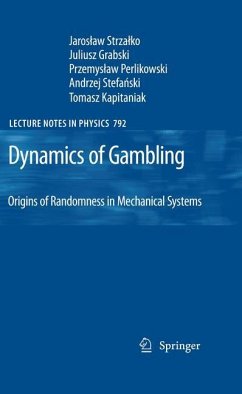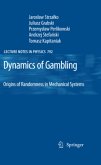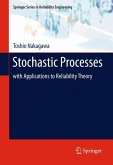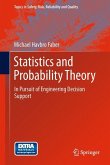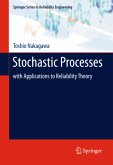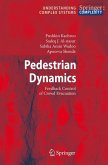Not only does this monograph provide a general analysis of random effects in mechanical (engineering) systems, but it addresses deep questions concerning the nature of randomness, and gives potentially useful tips for gamblers and the gaming industry.
Our everyday life is in?uenced by many unexpected (dif?cult to predict) events usually referred as a chance. Probably, we all are as we are due to the accumulation point of a multitude of chance events. Gambling games that have been known to human beings nearly from the beginning of our civilization are based on chance events. These chance events have created the dream that everybody can easily become rich. This pursuit made gambling so popular. This book is devoted to the dynamics of the mechanical randomizers and we try to solve the problem why mechanical device (roulette) or a rigid body (a coin or a die) operating in the way described by the laws of classical mechanics can behave in such a way and produce a pseudorandom outcome. During mathematical lessons in primary school we are taught that the outcome of the coin tossing experiment is random and that the probability that the tossed coin lands heads (tails) up is equal to 1/2. Approximately, at the same time during physics lessons we are told that the motion of the rigid body (coin is an example of suchabody)isfullydeterministic. Typically,studentsarenotgiventheanswertothe question Why this duality in the interpretation of the simple mechanical experiment is possible? Trying to answer this question we describe the dynamics of the gambling games based on the coin toss, the throw of the die, and the roulette run.
Our everyday life is in?uenced by many unexpected (dif?cult to predict) events usually referred as a chance. Probably, we all are as we are due to the accumulation point of a multitude of chance events. Gambling games that have been known to human beings nearly from the beginning of our civilization are based on chance events. These chance events have created the dream that everybody can easily become rich. This pursuit made gambling so popular. This book is devoted to the dynamics of the mechanical randomizers and we try to solve the problem why mechanical device (roulette) or a rigid body (a coin or a die) operating in the way described by the laws of classical mechanics can behave in such a way and produce a pseudorandom outcome. During mathematical lessons in primary school we are taught that the outcome of the coin tossing experiment is random and that the probability that the tossed coin lands heads (tails) up is equal to 1/2. Approximately, at the same time during physics lessons we are told that the motion of the rigid body (coin is an example of suchabody)isfullydeterministic. Typically,studentsarenotgiventheanswertothe question Why this duality in the interpretation of the simple mechanical experiment is possible? Trying to answer this question we describe the dynamics of the gambling games based on the coin toss, the throw of the die, and the roulette run.

